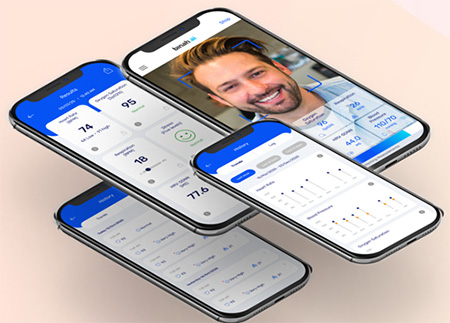
Why Healthcare Facilities Need Historical Analytics
Devices in healthcare facilities support mission critical processes. Any issue that degrades network performance can have serious consequences.

Devices in healthcare facilities support mission critical processes. Any issue that degrades network performance can have serious consequences.

In general, the Asian markets have controlled the COVID-19 virus successfully outside of China, but its effect has still led to new developments and trends.

Companies developing technologies that integrate AI need to consider regulatory concerns, community demographics, fitting into existing workflows, technical proficiency of both the hospital personnel and consumers.

The winning innovators will receive grant awards of upwards of $50,000.

While companies developing solutions that address the current pandemic may be receiving an influx of financial support, recovery for companies in other segments of the industry is slow.

Having the ability to assess vital signs in real time could be the future of monitoring the health of travelers to help prevent outbreaks.

With the rapid growth of life tech discoveries, there is a need to adapt the patent and regulatory frameworks governing the approval, use, and protection of such discoveries.

The pace of innovation in the ICU is orders of magnitude slower than that of the cath lab and OR, and the COVID-19 crisis has pushed, tested, and exposed ICUs for lacking state-of-the-art technology and resources.

Smart process automation promises to cut complexity and transform product traceability in the medical device industry. However, its potential relies 100% cent on having good, reliable data on which to draw.

The immense challenges posed by the coronavirus pandemic are fueling interest in cloud computing among vaccine researchers, clinicians, healthcare companies and patients across Asia.